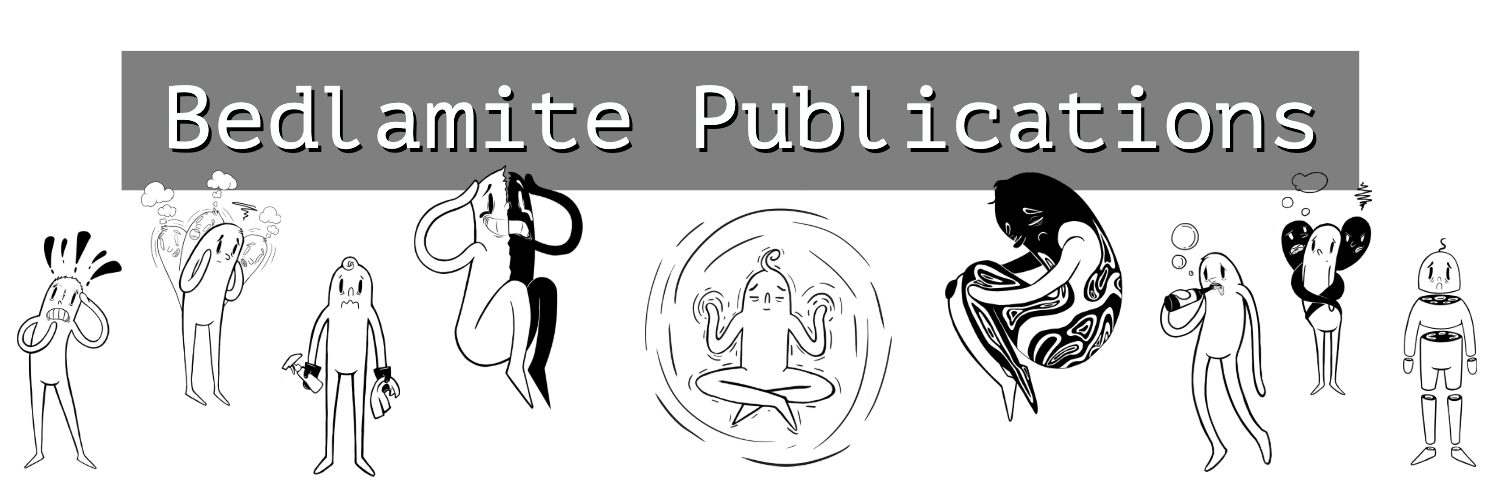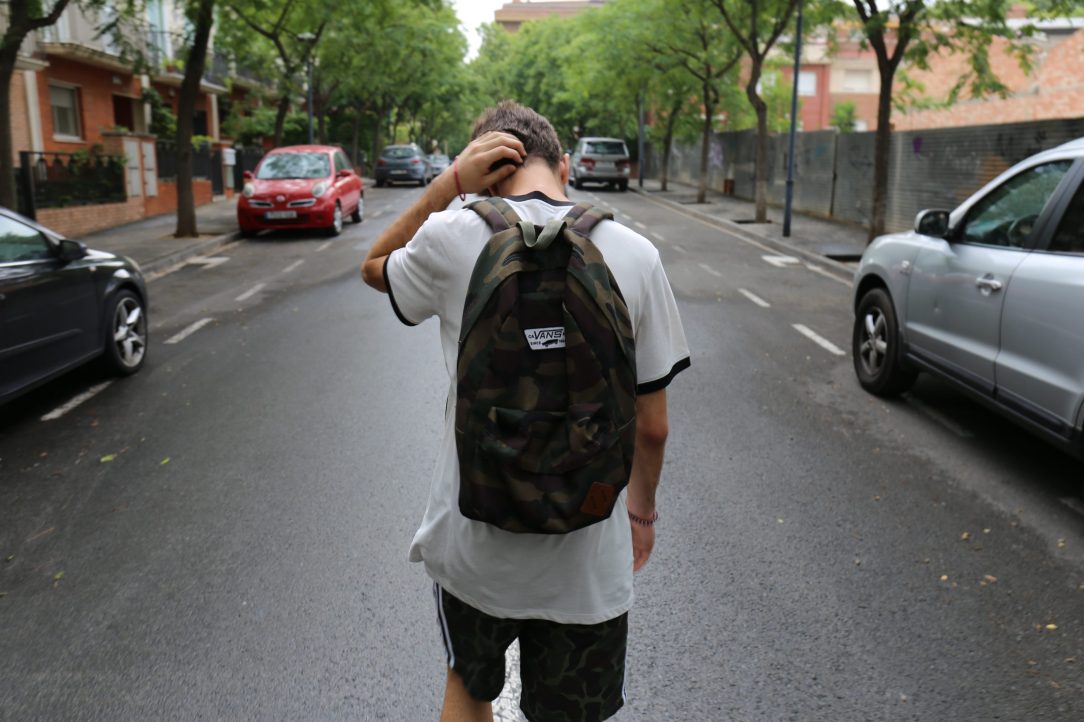Depression in teenagers is a very serious issue that can cause feelings of persistent sadness, hopelessness, and an overall lack of motivation. If you have a teenager who struggles with depression, it’s important to receive help immediately as the emotional toll can lead to physical and functional problems. If you’re not sure, you’ll want to know the signs of depression in teens.
Since every teenager is different when it comes to depression, not all will show the same signs. Throughout this article, we’re going to take a deeper look into all the signs of depression and how you as a parent can encourage treatment. At the end, we invite you to ask further questions.
What Causes Depression in Teens?
Researchers are still trying to figure out what causes depression and how it changes the brain. As of this time, we know:
- Brain Chemistry – Through neuroimaging, it’s been found that people with depression have impaired neurotransmitters. ¹
- Childhood Trauma – If a child experiences traumatic events (i.e. physical or emotional abuse, loss of a parent, etc.), they may be more susceptible to depression. ²
- Genetics – If a blood relative (i.e. parent or grandparent) struggles with depression, a teenager of that relative is more likely to develop it. ³
- Hormones – Teenagers are experiencing extreme hormonic changes on a day-to-day basis and sometimes these can cause depression. ⁴
- Negative Thinking Patterns – If a teenager isn’t taught how to feel capable or find solutions, they may learn negative thinking patterns (i.e. how to feel helpless) from their environment. ⁵
Still, more research is required to properly understand what causes depression in teens.
Risk Factors of Depression in Teens
Teenagers are more at risk of depression if they struggle with: ⁶
- Being the victim (or witnessing) of violence (i.e. physical or sexual abuse)
- Certain personality traits (i.e. being overly dependent, self-critical, etc.)
- Learning disabilities or attention-deficit/hyperactivity disorder (ADHD)
- Ongoing physical illness (i.e. cancer, diabetes, etc.) or chronic pain
- Other mental health conditions, such as an anxiety disorder
- Self-esteem issues (i.e. obesity, long-term bullying, academic problems, etc.)
- Substance abuse disorder (abusing alcohol, nicotine, or other drugs)
Furthermore, those involved in LGBTQ+ are also more likely to struggle with depression. ⁷

Signs of Depression in Teens: What to Look For
If your teen has recently revealed significant distress, problems at school or home, in social activities, and in other aspects of life, they may be struggling with depression. In order to know for sure, you’ll want to look for these signs and symptoms for teenage depression: ⁸
Behavioral Changes
- Agitation or restlessness (i.e. pacing, inability to sit still, etc.)
- Appetite changes (either increased or decreased with weight gain or loss)
- Frequently experiencing body aches and/or headaches
- Insomnia or sleeping too much
- Loss of energy, tiredness
- Poor personal hygiene or appearance
- Self-harm (i.e. cutting, burning, etc.)
- Slowed thinking, speaking, or body movements
- Social isolation
- Substance abuse (using drugs or alcohol)
- Suicidal ideation
- Trouble with school performance or frequent absences
If your teenager struggles with suicidal thoughts or behavior, it’s important to seek help immediately. In cases of emergency, you should visit your local emergency room or call 911. In other cases, you can reach out to the National Suicide Prevention Lifeline at (800) 273-8255.
Emotional Changes
- Constantly talking about life and the future being grim or bleak
- Difficulty concentrating, making decisions, remembering things, and overall thinking
- Feeling guilty or worthless
- Feelings of sadness, hopelessness, and emptiness
- Frustration (even over small matters)
- Irritability or annoyed mood
- Lack of interest in (or conflict with) family and friends
- Loss of interest in activities they once enjoyed
- Low self-esteem
- Obsessed interest in past failures (exaggerated self-blame or self-criticism)
- Thoughts and discussions of death, dying, or suicide
- Very sensitive to rejection or failure (needs excessive reassurance)
When to Contact a Doctor
Admittedly, it isn’t always easy to tell whether or not your teenager is struggling with depression. Sometimes, experiencing the occasional downs is just part of being a teenager. In order to get a better idea of how your teen is managing their feelings (and to figure out what’s going on inside them), it’s important to talk to them.
However, if you notice the signs of depression continue, you may need to interfere in your teen’s life. Especially if their depression presents safety concerns to your teenager or others.
It’s unlikely you teen’s depression symptoms will go away on their own. Therefore, it’s important to contact a doctor or mental health professional to intervene.
One of the biggest concerns with teenagers is their risk of suicide. Even in teenagers where depression may not appear so severe, suicide remains an extreme risk.

How is Depression Diagnosed and Treated in Teenagers?
In order to diagnose your teenager with depression, a doctor must perform a physical exam, lab tests, and psychological evaluation to rule out other conditions. Once diagnosed, depression is typically treated in two ways: medication and psychotherapy.
However, it’s important to note that the type of depression will have a major influence on the treatment path your doctor chooses. These are the most common depression types:
- Anxious Distress – Displays characteristics of unusual restlessness and worry about losing control or possible events. ⁹
- Atypical Features – A form of depression that allows momentary happiness in certain instances (i.e. a happy event). ¹⁰
- Melancholic Features – A form of severe depression that makes teens less likely to enjoy activities they once found pleasure in, an overall worsened mood, and major changes to their appetite. ¹¹
Medications
As of this time, the Food & Drug Administration (FDA) has approved two medications for teenage depression: ¹²
- Escitalopram (Lexapro)
- Fluoxetine (Prozac)
However, not all teens benefit from medication due to the significant side effects they can cause. It’s important to consult your doctor about medication before prescription.
Furthermore, teenagers may benefit from more holistic medicinal approaches to depression.
Psychotherapy
Psychological counseling is likely the best option for your teenager. It will give them a chance to talk about their depression in an open environment while finding solutions for said depression.
Psychotherapy can be done one-on-one, with family members, or in a group setting where others struggle with depression. Through these sessions, your teenager will learn how to identify unhealthy behaviors and thoughts and develop better coping mechanisms to address them.

Final Word
Depression is NOT easy to overcome. Your teenager will likely need some time before fully recovering from symptoms and signs. However, with the right treatment path, they can get better.
The earlier you identify and treat depression, the better chance your child has at overcoming it. The longer you let depression continue, the more of a chance it has at engulfing your teenager’s identity.
Your Questions
Still have questions concerning the signs of depression in teens?
We invite you to ask them in the comments section below. If you have any further knowledge to share – whether personal or professional – we’d also love to hear from you.
Reference Sources
¹ The Journal of Clinical Psychiatry: Relationship of neurotransmitters to the symptoms of major depressive disorder
² Depression Research and Treatment: Childhood Trauma and Its Relation to Chronic Depression in Adulthood
³ HHS Public Access: Overview of the Genetics of Major Depressive Disorder
⁴ Psychological Medicine: Pubertal changes in hormone levels and depression in girls
⁵ Cognitive Therapy and Research: Dimensions of Negative Thinking and the Relations with Symptoms of Depression and Anxiety in Children and Adolescents
⁶ Psychiatric Developments: Risk factors for depression in adolescence
⁷ HHS Public Access: Mental Health in Lesbian, Gay, Bisexual, and Transgender (LGBT) Youth
⁸ National Institute of Mental Health (NIMH): Depression
¹⁰ The Primary Care Companion: Depression With Atypical Features: Diagnostic Validity, Prevalence, and Treatment
¹¹ PLOS ONE: Clinical Patterns and Treatment Outcome in Patients with Melancholic, Atypical and Non-Melancholic Depressions
¹² Food & Drug Administration (FDA): Depression Medicines

